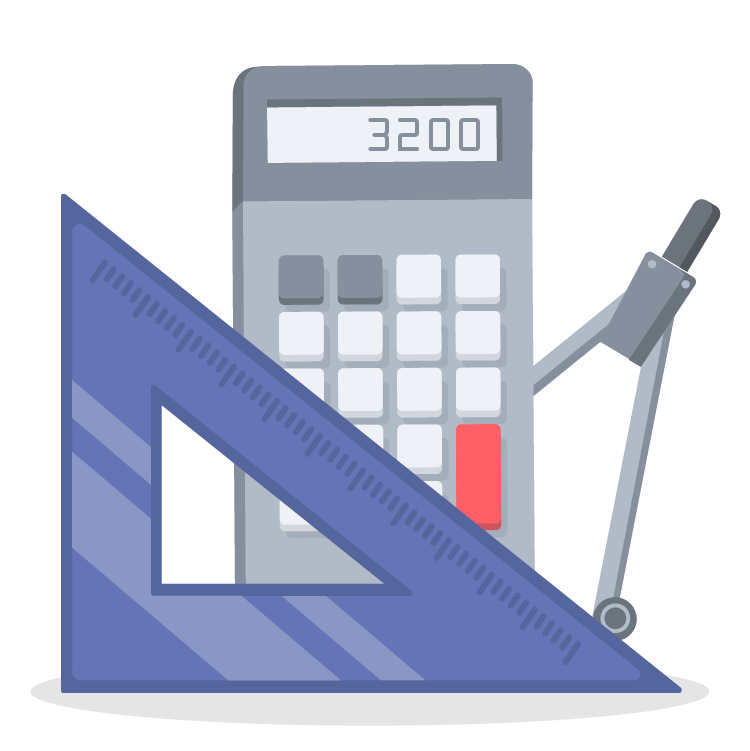
How to Organize Your Finances When You Are Self-Employed
<p>Ask all the freelancers and self-employed workers you know about what they like the least, and the most popular answer is likely something related to their accounting. </p>
<p>As a self-employed, organizing your finances is crucial to ensure the success and durability of your business; it is easy to lose focus and have nasty surprises like needing to pay hundreds of dollars in forgotten taxes. </p>
<p>Organizing finances requires discipline.</p>
<p></p>
<h3><strong>Separate your personal and professional finances</strong></h3>
<p>Separating your professional activities from your finances is crucial even if your business is not incorporated. It will allow you to have a better view of the situation. For example, you could open a bank account for your professional activities with the help of a specialist.</p>
<p>Some people will even open different savings accounts for taxes to ensure not to mix any data. </p>
<p>In all cases, it is important to separate your finances correctly and take this habit as soon as possible because it will help you follow the next tips.</p>
<p></p>
<h3><strong>Record the incomes and expenses</strong></h3>
<p>With Momenteo, you can easily follow your incomes and expenses on a day-to-day basis, which allows you to keep track of the current financial situation of your business.</p>
<p>Is it better to spend 15 minutes per week or one day per month to validate your incomes and expenses? You have the opportunity to do your follow-ups weekly, twice a month, or monthly according to your needs and time; however, be realistic and know yourself. </p>
<p></p>
<h3><strong>Plan a budget</strong></h3>
<p>Although it can be challenging to plan a budget when you are self-employed, it is not impossible. It only requires a bit more effort.</p>
<p>When you start a business, it is common not to generate incomes for several weeks or months or to use nearly all the earnings to live.</p>
<p>If you know that there are periods where your earnings are higher than your needs, it is recommended that you put aside an amount that is equivalent to your needs in your current account (less the taxes) and put the rest in a savings account. This way, it will be easier to deal with income fluctuations since you will have some money for when your sales do not cover your personal needs.</p>
<p>Organizing your finances also requires automatizing some actions. Indeed, analyze your budget to see which elements you can automatize in order to focus on other aspects of your business.</p>
<p>For example, you can automate your contribution to your REER and TFSA, etc.</p>
<p>Remember that a budget is only a tool to help you reach your goals. Its primary purpose is not to forbid you to do something or make you feel guilty. You have power over the numbers, not the opposite.</p>
<p></p>
<h3><strong>Prepare for the tax season</strong></h3>
<p>It can seem challenging because of income fluctuations that can happen. Surround yourself with professionals in order to know all financial subtleties and avoid realizing that you own way more money than expected. </p>
<p>Do not hesitate to make an appointment with professionals outside tax season to get customized advice. </p>
<p></p>
<h3><strong>Use accounting tools</strong></h3>
<p>Several tools and software can help you monitor the financial management of your professional activities more efficiently. Moreover, it lets you be better organized and avoid many mistakes that could slip into an Excel sheet. </p>
<p></p>
<p>Discover Jessica's experience as a self-employed professional in our Portrait of a Freelancer article.</p>


